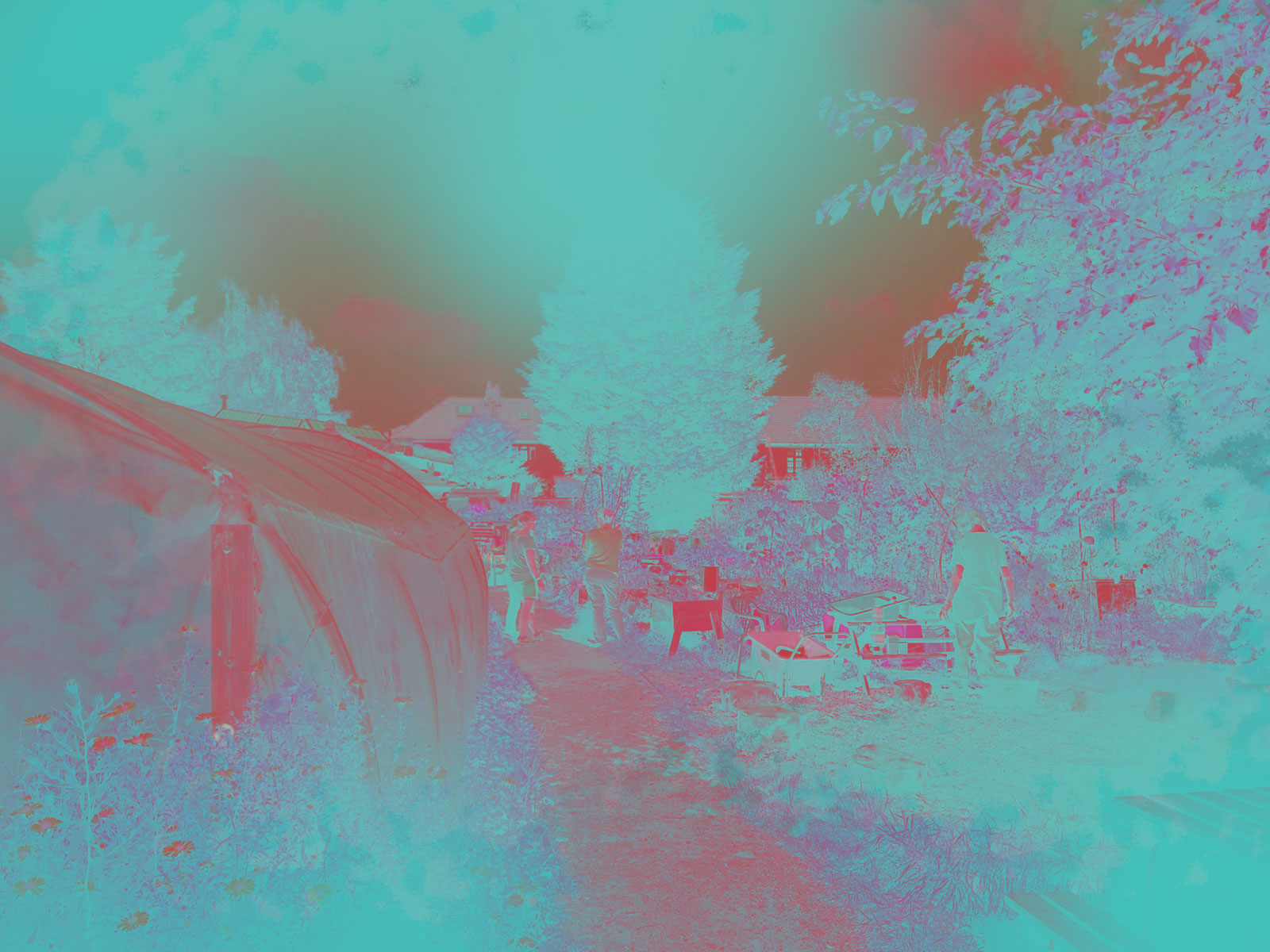A couple of months ago, we decided that all co-op members should move to a four-day week at no loss of pay. We think it’s a really important demand, an idea whose time has come, and we wanted to try it out for ourselves. So far, it’s been super successful. We all feel happier and like we have a better work-life balance, yet we’re just as—if not more—productive. I’ve written a bit more about why we did this over on the Common Knowledge blog.
For myself, I wanted to have a day off for my own practice, to write and to relax. I also thought that I could use the time to get more involved in the climate justice movement. I immediately went along to a few different remote organising meetings, but they just made me feel even more burnt out. It was too close to my day-to-day work, and I just didn’t have the energy to spend my free time sitting on the dreaded Zoom.
I started looking for an alternative way to spend my day off. I’ve always loved growing plants, and for a while I’ve been trying to learn more about regenerative farming, foraging and food sovereignty. I looked for a community garden near me and found the Golden Hill Community Garden. Luckily, their volunteer day falls on a Wednesday, which I’d already decided would be my day off.

Spending some time helping in the garden has been so restorative for me. I joined in late summer so I got to share in the abundant harvest: each week we harvest some of the veggies and take them home afterwards. They taste so much better than anything you can buy. I (really) love weeding, I love being outside all day, I love learning about all the different plants and how to care for them.
One day Lucy, the community project worker, was talking about how much she likes to flip through the daily log from the previous decade, because she can read about her and the volunteers doing the same activities they do every year: harvesting this plant, maintaining this part of the garden. There’s something reassuring and beautiful about having deep roots in one place, knowing that the same cycle will repeat year after year. It probably seems obvious, but as someone who moves around a lot, I’m really starting to see the appeal in this.
There was actually an article about Golden Hill in The Guardian the other day, about the rise of community gardens. Lucy describes community gardens as “revolutionary in a quiet way”. Lately I’ve been thinking about this a lot — how important it is to find the right type of activism.
I spend everyday at work thinking about grassroots activism (or organising or social change or whatever you want to call it) in some form. Yet for some reason, I always feel guilty, I worry that I’m not doing enough or that I’m a fraud… all that good stuff. I have a lot of eco-anxiety. And I’ve read about how eco-anxiety is problematic and white, so now I have guilt about my my anxiety too. Unsurprisingly, this is exhausting and completely unsustainable. At best, it’s silly, and at worst, it’s counterproductive. You can’t contribute to a movement if you’re burnt out.

Helping out a community garden helps me recalibrate, slow down, spend time away from my computer and see things from a different perspective. In some ways, it feels like an antidote to thinking and reading and talking and worrying about climate change on a daily basis. Rather than thinking about global crises, economic levers, parts per million, I’m thinking on a hyperlocal scale, about the soil and plants right in front of me.
There is such urgency in the multitude of crises we face, it can make it hard to remember that in fact it is urgency thinking (urgent constant unsustainable growth) that got us to this point, and that our potential success lies in doing deep, slow, intentional work.
— adrienne maree brown, Emergent Strategy

With something as unimaginably huge as climate change, the only viable response is through collective action. However, this can take so many different forms, not just direct action or lobbying. This isn’t to say those things aren’t vital – they are. But everyone can find a role that suits their own particular skills, interests, capacity and strengths. Each role is just as important as the next.
Lots of people have made different attempts at categorising these different roles. In The Shock Doctrine of the Left, Graham Jones describes a four-part framework of mutually reinforcing organising strategies: Smashing, Building, Healing and Taming. Similarly, Bill Moyer identifies four roles in his Movement Action Plan: Helper, Organiser, Rebel, Advocate. I think I’ve always been most interested in contributing by “building” viable alternatives like cooperatives and community groups.
We can do, be, and create whatever we want to see, knowing ours is one effort in the midst of many, and the multitude is where our power lies.
— adrienne maree brown, Emergent Strategy